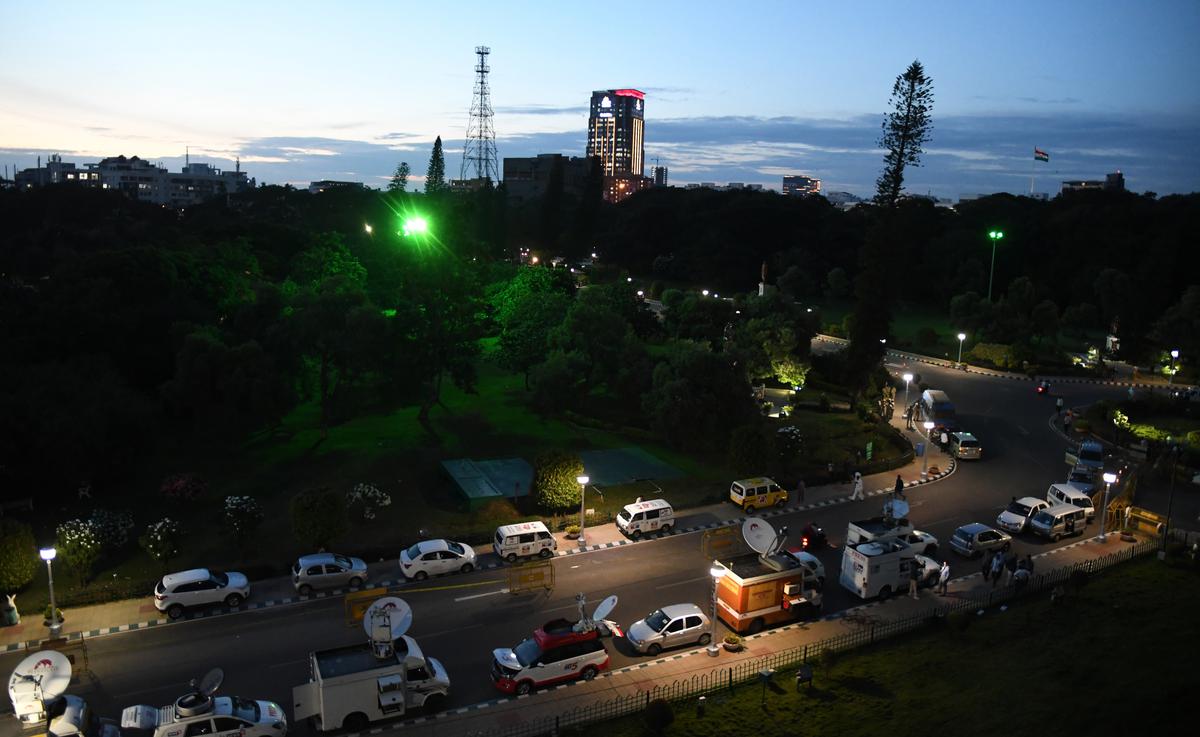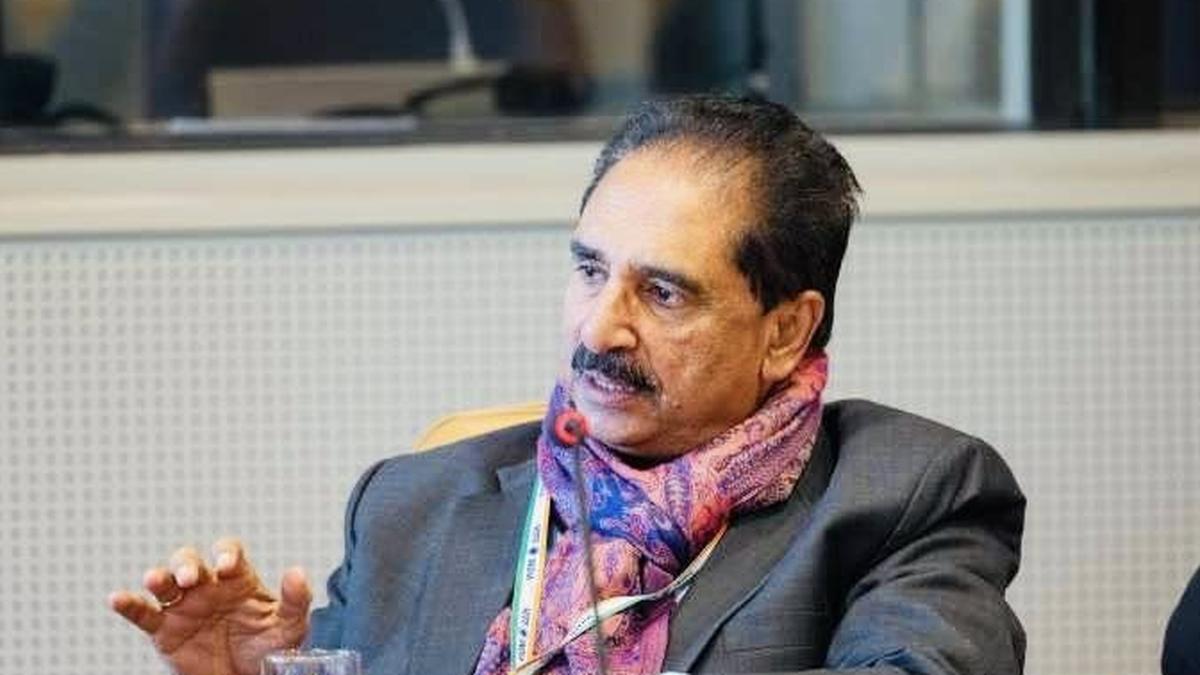The provision has been introduced as “airwaves/frequencies are public property and need to be used in the best interest of the society”
The provision has been introduced as “airwaves/frequencies are public property and need to be used in the best interest of the society”
The Union Cabinet has approved the new guidelines for uplinking and downlinking of television channels in India, under which all the stations holding permission — except for the foreign channels and where it may not be feasible, — would have to broadcast contents on issues of national importance and social relevance for at least 30 minutes every day.
The provision has been introduced as “airwaves/frequencies are public property and need to be used in the best interest of the society”. The eight listed themes include education and spread of literacy; agriculture and rural development; health and family welfare; science and technology; welfare of women; welfare of the weaker sections of society; protection of environment and of cultural heritage; and national integration.
The consolidated guidelines exempt the channels including those related to sports, where it would not be feasible to broadcast such content. As and when required, the Centre would issue general advisories to the channels in this regard.
Information & Broadcasting Secretary Apurva Chandra on Wednesday said the new guidelines which replaced those operational since 2011, would ease the issue of permission to the companies and limited liability partnership firms (which have been allowed for the first time) registered in India for uplinking-downlinking of TV channels and associated activities.
Listing the advantages, Mr. Chandra said the requirement to seek permission for live telecast of events had been done away with, only prior registration of events would be necessary for live telecast. Prior permission would not be needed for change of language or conversion of mode of transmission, from Standard Definition to High Definition or vice versa; only prior intimation would suffice.
“In case of emergency, for a company/LLP with only two directors/partners, a director/partner can be changed, subject to security clearance post such appointment, to enable business decision making; a company/LLP can use news gathering equipment other than DSNG (Digital Satellite News Gathering), such as optic fiber, bag back, mobile, etc. for which no separate permission would be necessary,” said the Ministry.
Making India a teleport-hub
While specific time lines have been proposed for the grant of permission, LLPs/companies would be allowed to uplink foreign channels from Indian teleports which would create employment opportunities and make India a teleport-hub for other countries, it said, also adding that a news agency could now get permission for a five-year period as against one year at present.
The Ministry said a channel could be uplinked by using facilities of more than one teleport/satellite. The guidelines have broadened the possibility of allowing the transfer of TV channel/teleport to a company/LLP, as permissible under the Companies Act or the Limited Liability Act.
There is also a provision of security deposits to ensure the payment of dues. The penalty clauses have also been rationalised and graded penalties proposed for different types of contraventions. “The TV channels uplinking in frequency bands other than C-band are mandatorily required to encrypt their signals. Net worth requirement for companies/LLPs holding permissions have to be as per the guidelines at the time of renewals,” it said.
The required net worth for the first channel is ₹20 crore and ₹5 crore for the subsequent ones.





